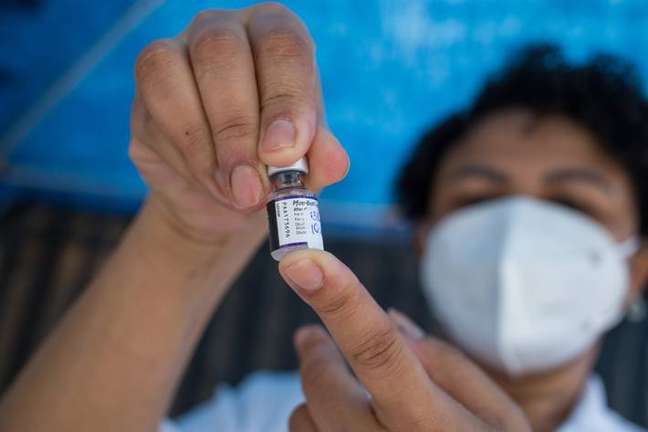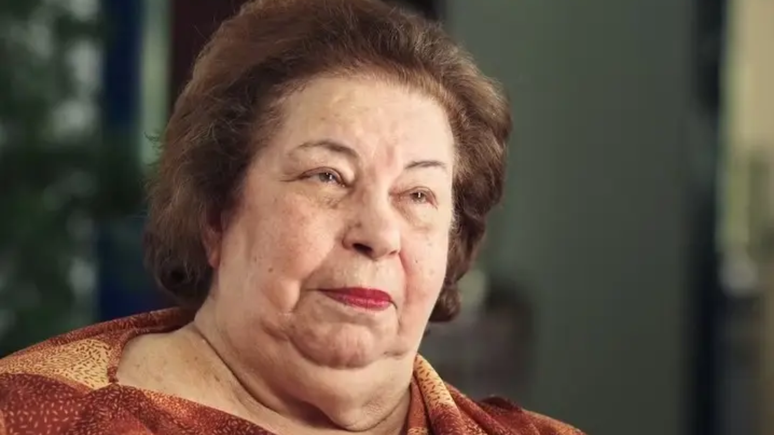Coronavirus confirmed diagnosis rate increased from 3 percent to 17 percent in October, according to the study; the possibility of new variants and vaccine booster coverage will affect the scenario
Results from private laboratories indicate an increase in the number of positive tests of COVID-19 in Brazil. Between 8 and 29 October, the country jumped from 3% to 17% of new diagnoses confirmed for the virus out of the total, according to a survey by the Todos pela Saúde Institute. Europe has already seen an increase in cases and hospitalizations. Specialists say Brazil is unlikely to experience a peak as large as it did in the first half of last year, but they say it is necessary to monitor the emergence of variants and the reduction in booster demand for the vaccine.
The survey includes a sample of 595,500 tests from the Dasa, DB Molecular and HLAGyn laboratories, carried out between December 5, 2021 and October 29, 2022. With the experimental gaps from public authorities, it was more difficult to anticipate the circulation of the virus all over the country. According to the institute, there was a significant increase in positivity in diagnoses in states such as Mato Grosso, where the growth went from 3% to 18%; in Sao Paulo, from 10% to 19%; and also in Rio, which went from 15% to 26%.
If a new wave were confirmed, it would be the third recorded in the country in less than a year, all caused by the Ômicron variant. The first, between December 2021 and February 2022, was caused by the BA.1 underline of the variant; the second, between May and July, was caused by the BA.4 and BA.5 strains, currently the most frequent in Brazil.
“For some weeks now, regions such as Japan and France have been facing outbreaks caused by the descendants of the Ômicron BA.5 variant. And this increase in test positivity in Brazil is most likely caused by strains already circulating here, or by new variants. circulating globally, ”says Anderson Brito, a scientific researcher at ITpS who is responsible for coordinating the institute’s reports. “Most likely, we will see the scenario change in the coming weeks, indicating an increase in cases,” he warns.

It is difficult to predict the impact of the new wave, according to the researcher, because it depends on the circulating variant and the levels of protection at the population level. But, for him, it is “unlikely” that Brazil will suffer the major impacts of the disease again as it did in the middle of last year, when a wave of the Gamma variant skyrocketed the number of patient cases in the country. “Fortunately, wave after wave, we have seen fewer and fewer hospitalizations and deaths. Much of this is due to the progress of vaccination.”
In Brazil, according to the Ministry of Health, 399 million doses have been administered in the country. As a result, 91.5% of the population took the first dose and 85.8% are fully vaccinated. Even so, the ITpS researcher warns that the strains responsible for the increase in positive cases in European countries, such as France, should arrive in Brazil. This is the case of BQ.1.1, which originates from the variant BA.5. “It is normal to see modified strains with mutations that give advantages to avoid recognition by our immune system,” explains the researcher.
The sub-variant has been identified in at least five countries on the continent and, according to the authorities, is likely to be predominant between the end of November and the beginning of December. On 19 October, the World Health Organization (WHO) maintained the status of covid-19 as an international health emergency. “Although it is obvious that the global situation has improved since the start of the pandemic, the virus continues to mutate and uncertainties and many risks remain,” WHO Director General Tedros Adhanom Ghebreyesus said at the time.
Brito also points out that the vaccines that are distributed against covid-19 are able to protect against most circulating lineages, but that the current spread scenario serves as a warning about the level of protection of each. Is younger tends to have a defense for a more intense period, but there are more vulnerable subpopulations, such as the elderly and the immunosuppressed, who lose this defense more rapidly. If they have still taken the booster vaccine, the moment asks them to update the vaccination schedule “, concludes the researcher.
The best content in your email for free. Choose your favorite land newsletter. Click here!
Source: Terra
Benjamin Smith is a fashion journalist and author at Gossipify, known for his coverage of the latest fashion trends and industry insights. He writes about clothing, shoes, accessories, and runway shows, providing in-depth analysis and unique perspectives. He’s respected for his ability to spot emerging designers and trends, and for providing practical fashion advice to readers.




![Such an excellent sun in advance: Summary of the Episode of Friday May 2, 2025 [SPOILERS] Such an excellent sun in advance: Summary of the Episode of Friday May 2, 2025 [SPOILERS]](https://fr.web.img2.acsta.net/img/0b/ed/0bed303efb588e375698c6d81b0c2e51.png)



